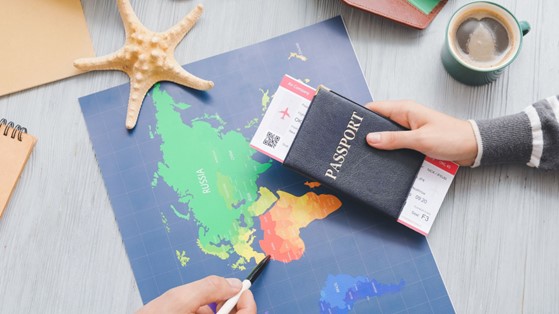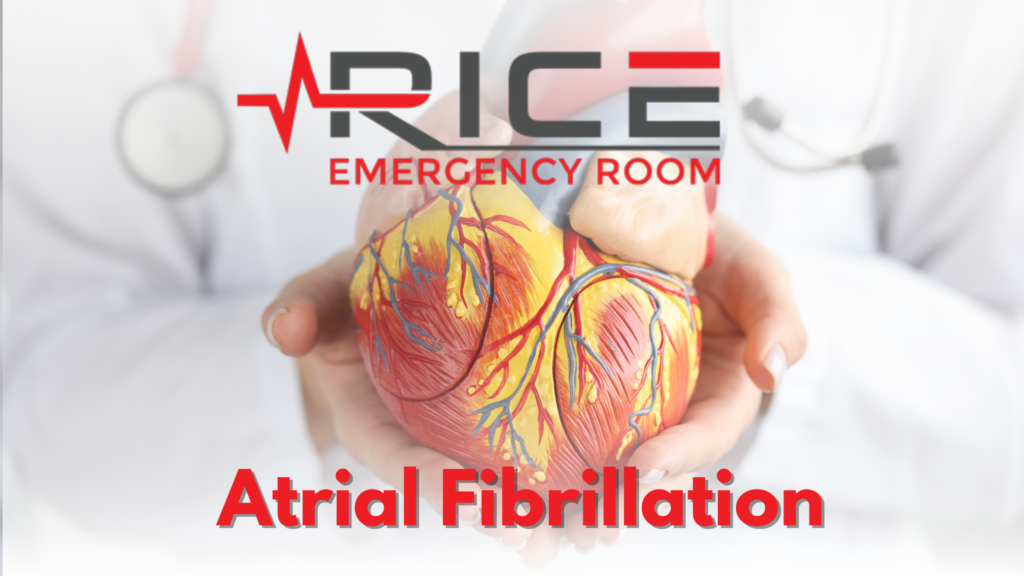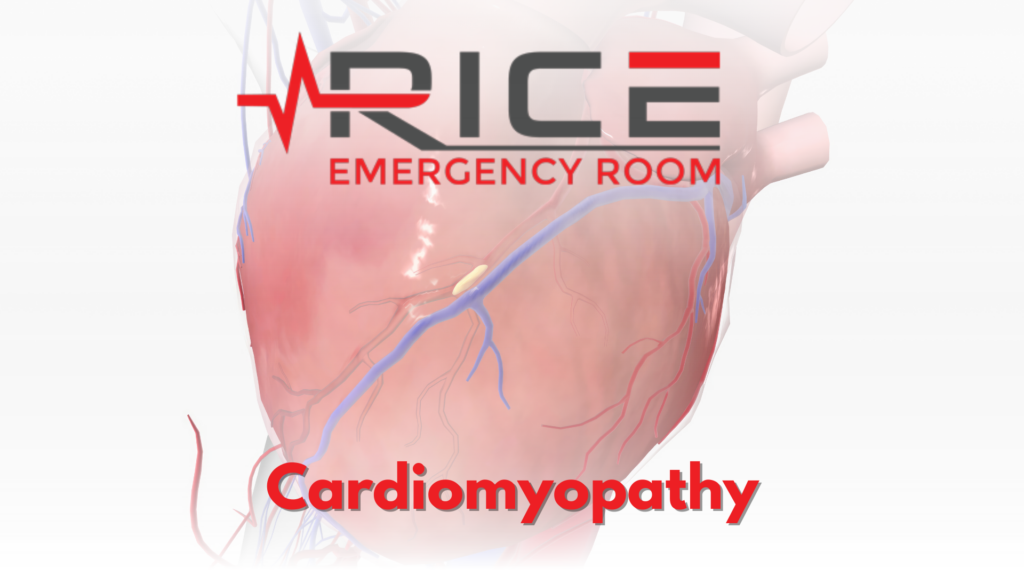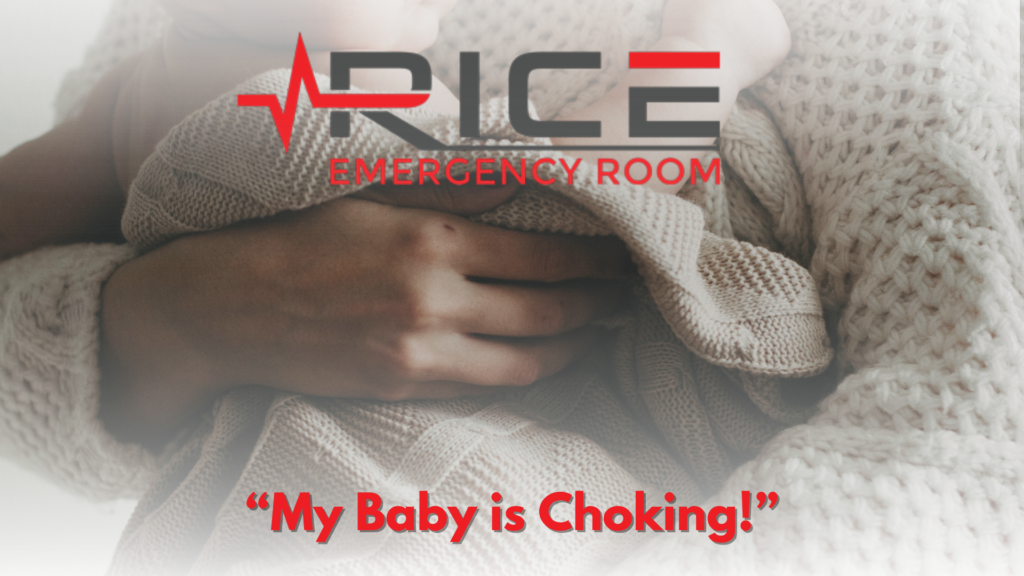Traveling is an exciting adventure that exposes individuals to new cultures, landscapes, and experiences. However, unexpected medical emergencies can arise, making it crucial for travelers to be well-prepared to handle health-related challenges while away from home. Navigating healthcare systems in unfamiliar territories can be daunting, but arming oneself with knowledge and resources can make a significant difference. Here are valuable insights and practical tips on how to prepare for medical emergencies when traveling abroad.
Researching Destination-specific Health Risks
Before embarking on an international journey, it is essential to research the health risks associated with the destination. The CDC’s Travelers’ Health website offers comprehensive information on vaccinations, health alerts, and country-specific health recommendations. This resource can help travelers understand potential risks such as infectious diseases, local health facilities, and necessary vaccinations, enabling them to take preventive measures. (CDC)
Creating a Travel First Aid Kit
A well-equipped travel first aid kit is a crucial component of preparedness for medical emergencies abroad. A basic kit should include essentials such as adhesive bandages, antiseptic wipes, pain relievers, prescription medications, and any specific medications required for pre-existing conditions. Additionally, travelers should include items like a thermometer, tweezers, and a compact emergency blanket. This comprehensive first aid kit ensures that individuals are prepared to address minor injuries or illnesses while awaiting professional medical assistance. (Cleveland Clinic)
Securing Travel Insurance
One of the most important steps in preparing for medical emergencies abroad is securing comprehensive travel insurance. Medical professionals emphasize the significance of obtaining insurance that covers medical expenses, emergency medical evacuations, and trip cancellations. It is crucial to review the policy to understand coverage limitations and exclusions carefully. Having adequate travel insurance provides peace of mind and financial protection during unexpected medical issues.
Knowing Emergency Contact Information
Being aware of emergency contact information for local medical facilities and the nearest embassy or consulate is essential. Travelers should register with the Smart Traveler Enrollment Program (STEP) to receive updated travel and security information and make it easier for the embassy to contact them in case of emergencies. Additionally, saving local emergency numbers in the destination country is crucial for quick access to assistance in case of an urgent medical situation. (Frayed Passport)
Understanding Local Healthcare Systems
Familiarizing oneself with the local healthcare system can significantly impact the ability to navigate medical emergencies abroad. Researching the availability and quality of medical facilities in the destination country is vital. Identify English-speaking healthcare providers and understand payment procedures to facilitate smoother interactions in case of emergency medical treatment.
Learning Basic First Aid Skills
While professional medical assistance should be sought for serious emergencies, having basic first aid skills can be invaluable. Travelers are advised to take a basic first aid course before embarking on their journey. Skills such as CPR, wound care, and the ability to recognize and respond to common medical issues can make a significant difference in critical situations, where immediate action is required. (Cleveland Clinic)
Preparing for medical emergencies when traveling abroad requires a combination of research, planning, and proactive measures. By following these tips, travelers can enhance their readiness to handle unexpected health challenges while enjoying their international adventures. Whether it’s creating a well-stocked travel first aid kit, securing comprehensive travel insurance, or understanding local healthcare systems, taking these precautions ensures that individuals are equipped to address medical emergencies and focus on the joy of exploring new destinations.
Traveling to Houston from Another Country
Our facility can treat out-of-town guests. Whether from Dallas or Detroit, or another country, we are here for you 24/7, 365 days – even holidays – when many facilities are closed. We have access to interpretation services if non-English speaking. Our facility is conveniently located close to the Medical Center and offers world-class emergency healthcare services without a long wait. If you have questions, please feel free to call ahead. We want to get you taken care of quickly and on your way back to enjoying your vacation or business trip. Call (713) 527-4400 to speak to our patient intake team.
Works Cited
“Before You Travel.” Centers for Disease Control and Prevention, wwwnc.cdc.gov/travel/page/before-travel.
Team, Family Health. “25 Items to Put in Your Travel First Aid Kit.” Cleveland Clinic, 30 Aug. 2023, health.clevelandclinic.org/travel-first-aid-kit/. Frayed Passport. “9 Tips to Help You Prepare for Medical Emergencies While Traveling Abroad.” Frayed Passport, 14 Oct. 2023, frayedpassport.com/9-tips-to-help-you-prepare-for-medical-emergencies-while-traveling-abroad/.




